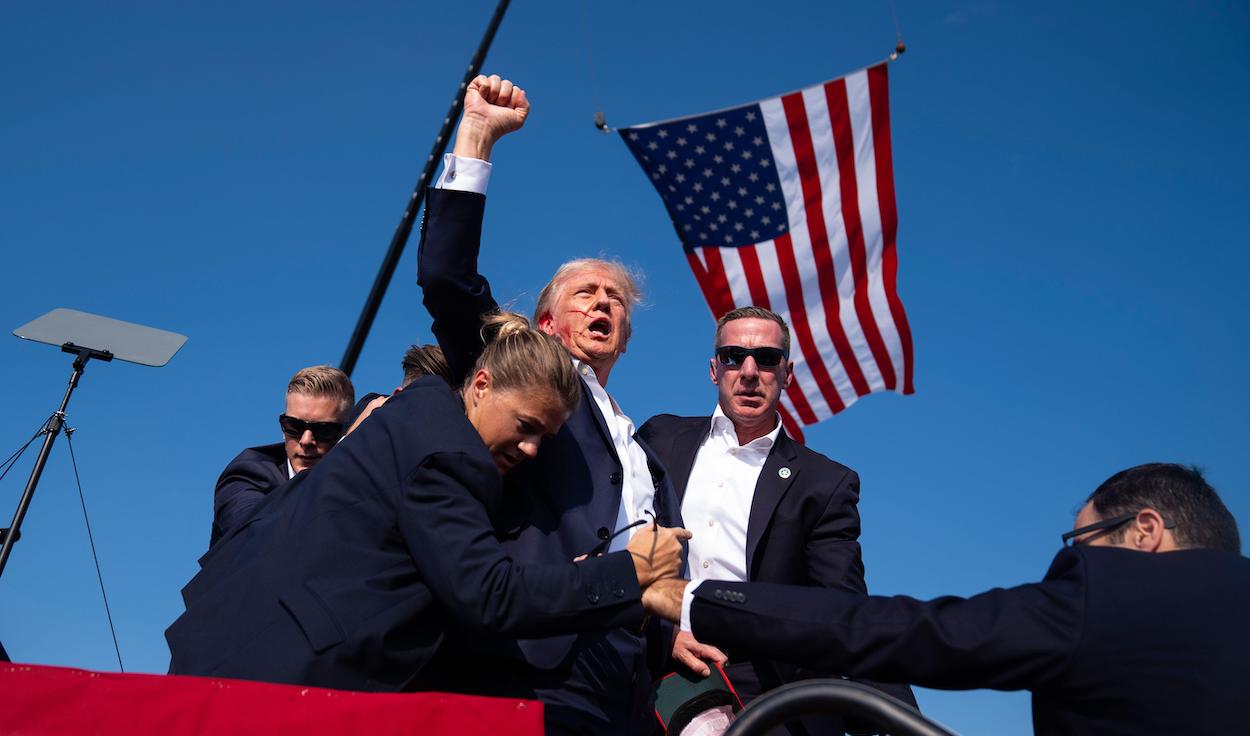The attack on former President Donald Trump at a rally in Pennsylvania, leaving him with a head injury, has shaken the nation. The incident, reminiscent of the 1981 assassination attempt on President Ronald Reagan, serves as a stark reminder of the rising tide of political violence in America.
The story of Reagan's shooting, often told with humor, portrays a moment of unity, where partisan divides were momentarily forgotten in the face of a national crisis. While the details of Trump's attack are still unfolding, the immediate response from both sides of the political spectrum mirrors this spirit of unity.
Mitt Romney, a vocal critic of Trump, expressed relief for the former president's well-being, while Bernie Sanders, a prominent Democrat, wished him a speedy recovery. These gestures, though seemingly small, signify a potential turning point in the nation's fractured political landscape.
The incident has ignited a broader conversation about the escalating rhetoric and violence plaguing American politics. The constant demonization of political opponents, fueled by online platforms and partisan media, has fostered a climate of fear and distrust.
The recent incidents, from street protests to threats against public officials, have shown the tangible consequences of this toxic environment. The boarding up of shops during the 2022 midterms served as a chilling reminder of the growing polarization and the potential for unrest.
This moment demands a serious introspection from both Democrats and Republicans. Democrats must reconsider the implications of their fierce criticism of Trump, which has often been characterized as an "existential threat." Republicans, in turn, need to evaluate their use of inflammatory language and their attempts to undermine the legitimacy of the current administration.
The attack on Trump raises serious questions about the future of American democracy. While the former president's potential return to power seemed likely before the incident, this event adds a new layer of complexity. Voters may be more inclined to prioritize national unity and stability over their usual partisan loyalties.
The nation is at a crossroads. It can choose to embrace a path of civility and compromise, or it can continue down the perilous path of division and violence. The choice will ultimately determine the fate of American democracy.
Article
Entertainment

A Moment for Unity?

